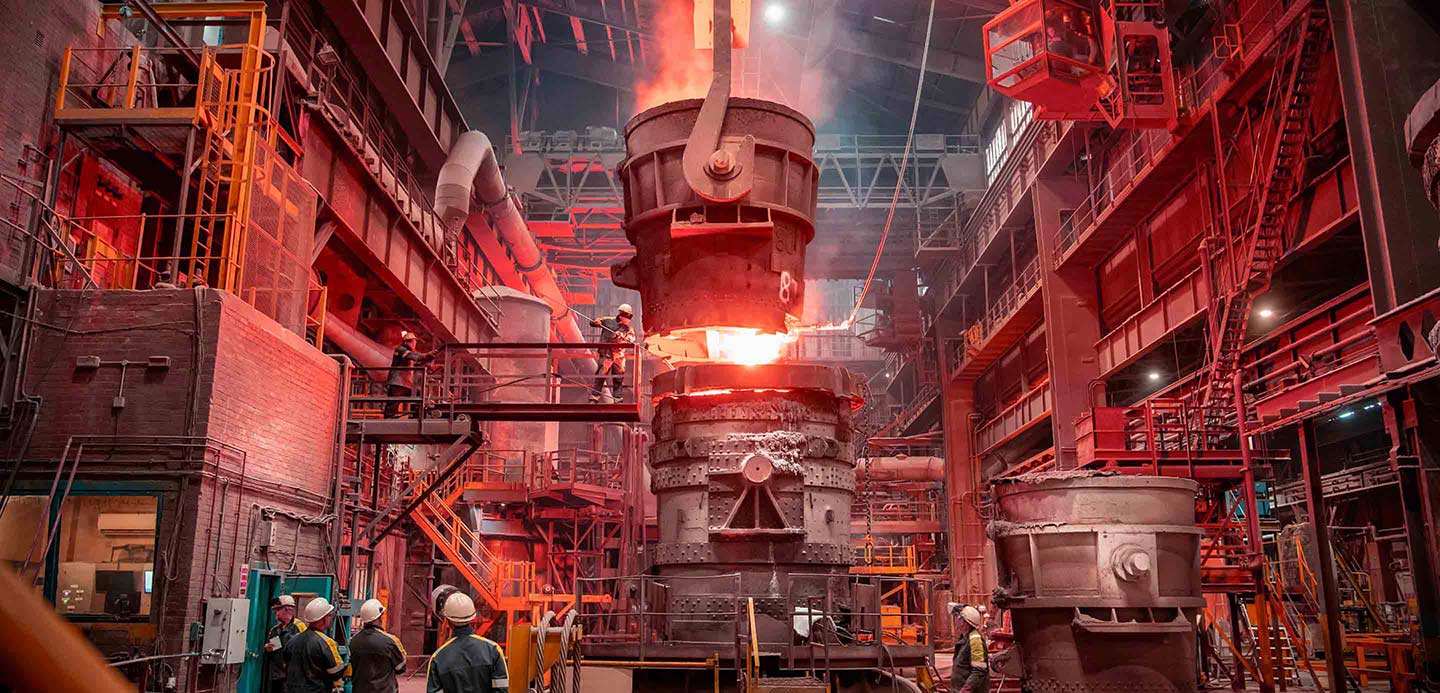The industrials and chemicals sector faces a long and complex transition with different challenges ahead for companies at every step along the value chain, from the extraction of raw materials to the manufacturing of finished goods. Decarbonising the industrial sector will require collaboration and commitment across the entire ecosystem and the support of industry leaders, policymakers, and financiers.
The fourth instalment of HSBC's Transition Pathways series looks at how companies across the real economy - metals, cement, chemicals, plastics, pulp, paper, glass and manufacturing – is approaching the journey towards net zero emissions, and what it will take to accelerate their progress. These industry insights are intended to help corporate leaders develop and act on their transition plans.
These sectors are at the heart of building, moving and connecting the real economy – and they drive global energy demand. So, reducing emissions and fossil fuel reliance in these sectors is key to accelerating the energy transition.
Transition plans demonstrate action and practical steps against ambition and show regulators, financiers, investors, and customers how an organisation intends to reach net zero across its operations and value chains.
Our net zero ambition means aligning financed emissions – the greenhouse gas emissions of our clients – to net zero by 2050. To do this, we have set 2030 targets for certain industrial sectors: in cement, we aim to reduce on-balance sheet financed emissions intensity from our 2019 baseline 0.64 tonnes of carbon dioxide equivalent per ton of cement (tCO2) to 0.46 by 2030, and reduce emissions intensity per ton of steel / aluminium from our 2019 baseline 1.8tCO2 to 1.05 by 2030.
By setting intensity-based targets, we can enable climate-positive investment in these sectors, to support green technologies and transition solutions.





